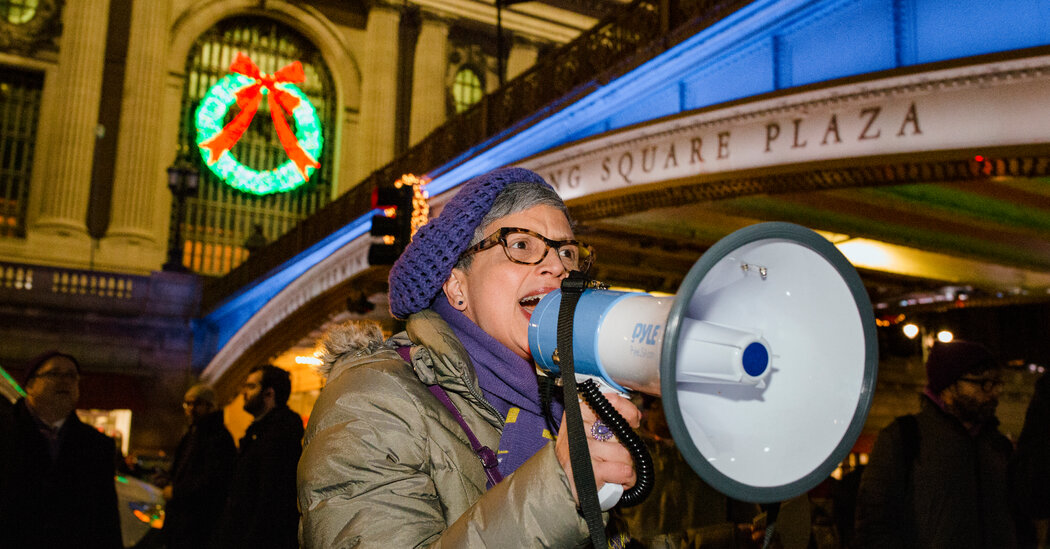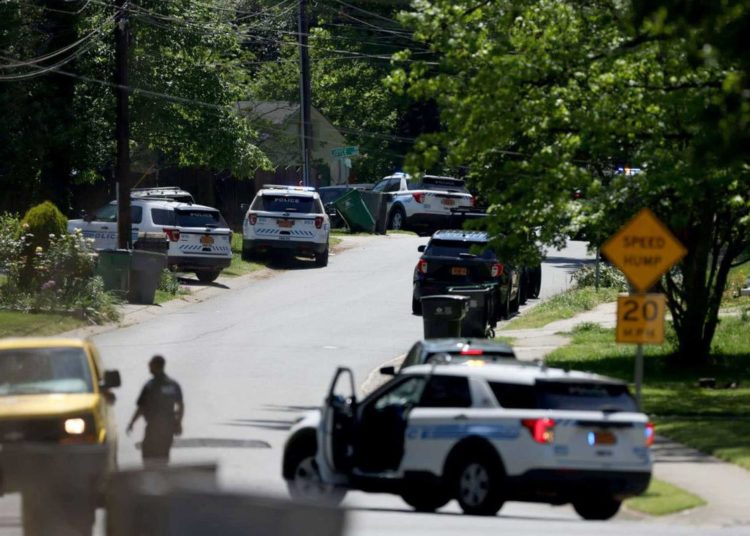While overshadowed by the mayor’s race, all 51 New York City Council seats were also on the ballot this year, and as with races elsewhere in the United States, it was a good night for Democrats.
Many incumbent council members were either unopposed or faced only token challenges, but several closely watched races had the potential to add new voices to a body that will play a key role in Mayor-elect Zohran Mamdani’s ability to achieve his agenda.
The races included one for a seat representing a swath of southern Brooklyn that is currently held by Justin Brannan, a Democrat prevented by term limits from running again. Kayla Santosuosso, the Democrat and Mr. Brannan’s chief counsel, beat the Republican, George Sarantopoulos, handily.
A Democrat, Phil Wong, also won the race to succeed the conservative Democrat Robert Holden in a central Queens district. Like Mr. Wong, Mr. Holden’s budget director, his Republican opponent, Alicia Vaichunas, also worked for Mr. Holden, in her case as deputy chief of staff. Mr. Holden had declined to endorse either candidate.
And in the northeast Bronx, Shirley Aldebol, a Democrat and union official, defeated Kristy Marmorato, a Republican incumbent who flipped the district two years ago to become the first member of her party to represent the borough on the Council in 40 years.
The Democrats’ success did not extend to northeast Queens, where Vickie Paladino, a Republican firebrand who has called for Mr. Mamdani, a Democrat, to be deported, won re-election easily. Democrats had hoped their candidate, Benjamin Chou, a firefighter, might be able to harness discontent with President Trump to beat Ms. Paladino.
Going into the voting, Republicans had hoped to add to the six Council seats they now hold by capitalizing on a shift toward their party that occurred in some parts of the city during last year’s presidential election. Instead, they saw that number shrink to five.
Among the Council’s duties are negotiating with the mayor over the city’s budget, including how to parcel out money for the Police Department and other agencies. During Mayor Eric Adams’s time in office, such negotiations have sometimes been tense.
The Council, and its individual members, hold significant sway over building projects in the city, including housing development. Voters passed several questions on this year’s ballot that would transfer much of that power to the mayor.
Mr. Mamdani, who said on Election Day that he was voting in favor of the proposals, has pledged to build more housing, potentially setting up clashes with the Council.
The Council is also expected to be a key partner to Mr. Mamdani in any fights he has with Mr. Trump, who has already stripped federal funds from major infrastructure projects in the New York area and has threatened to withhold additional money over policies he dislikes, especially if Mr. Mamdani became mayor.
Among the new Council’s first orders of business in January will be choosing a new speaker, the body’s leader and the second-most-powerful person in city government. Adrienne Adams, the current speaker, is term-limited. The speaker sets the Council’s agenda, and choosing a leader will be one of the principal ways that members exert their influence over a new administration.
Michael Gold covers Congress for The Times, with a focus on immigration policy and congressional oversight.
Ed Shanahan is a rewrite reporter and editor covering breaking news and general assignments on the Metro desk.
The post In the New York City Council, Democrats Win Key Races appeared first on New York Times.




